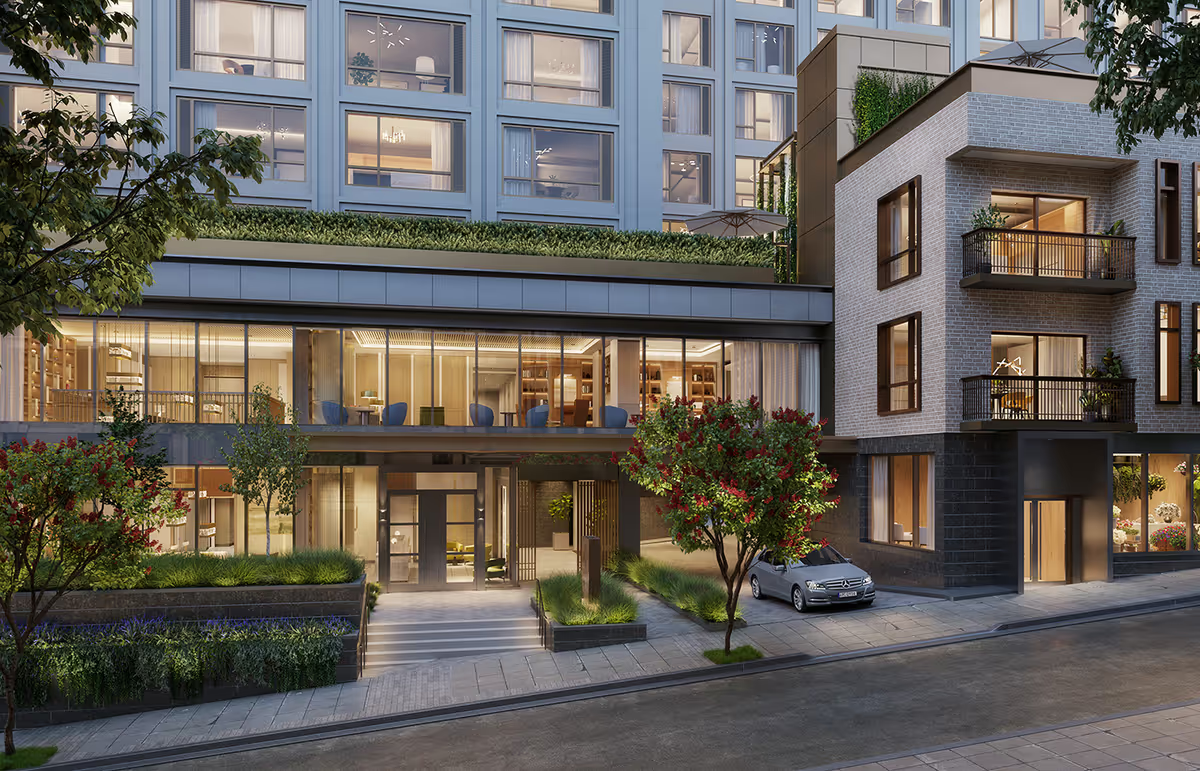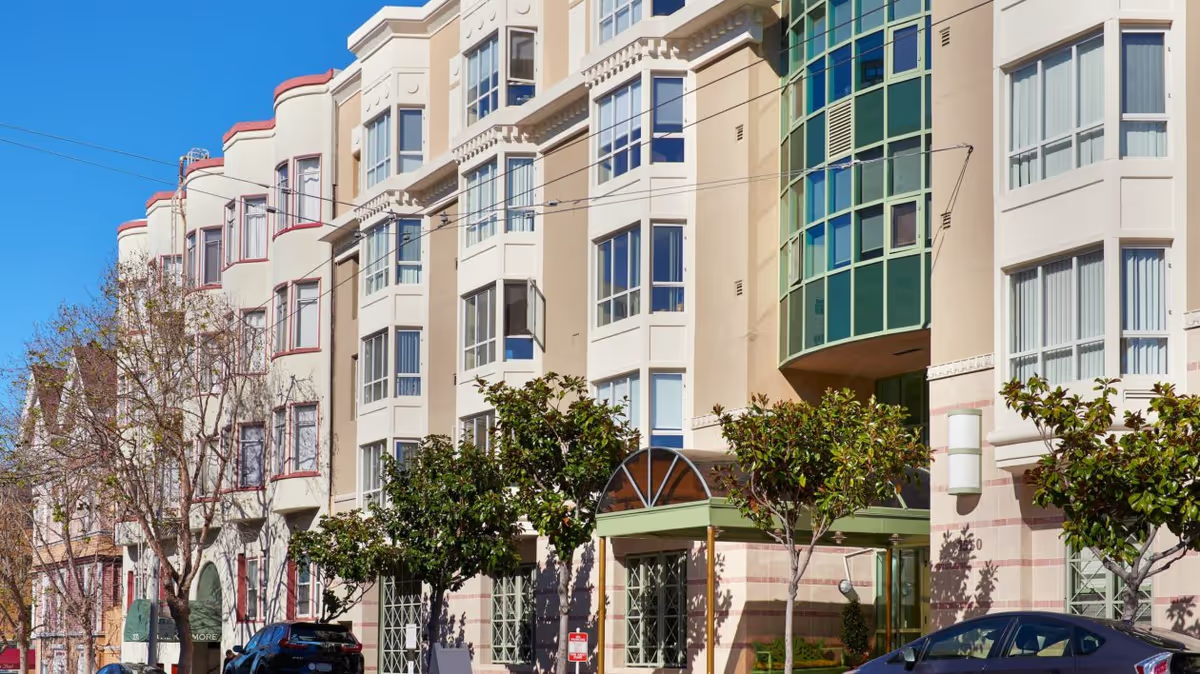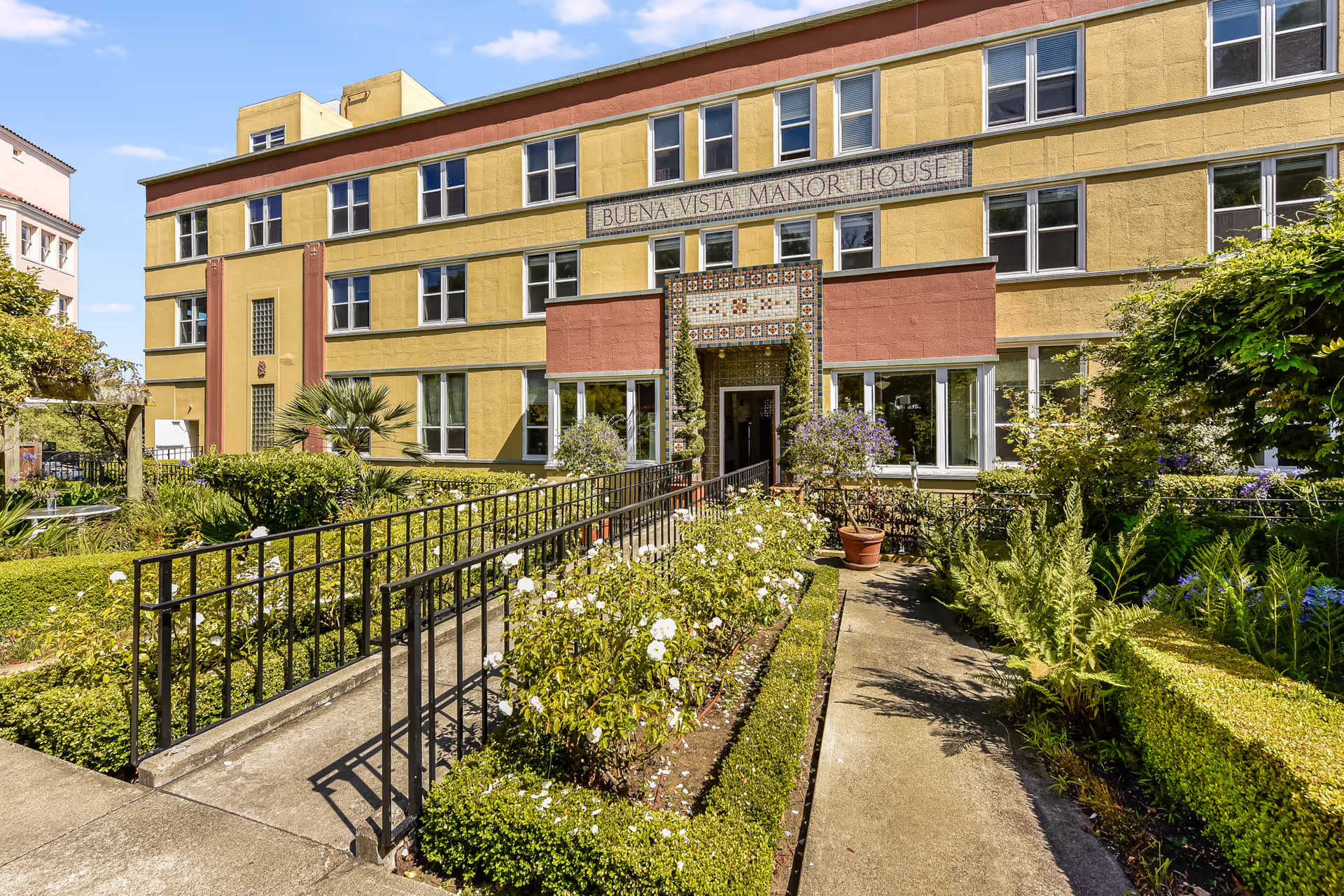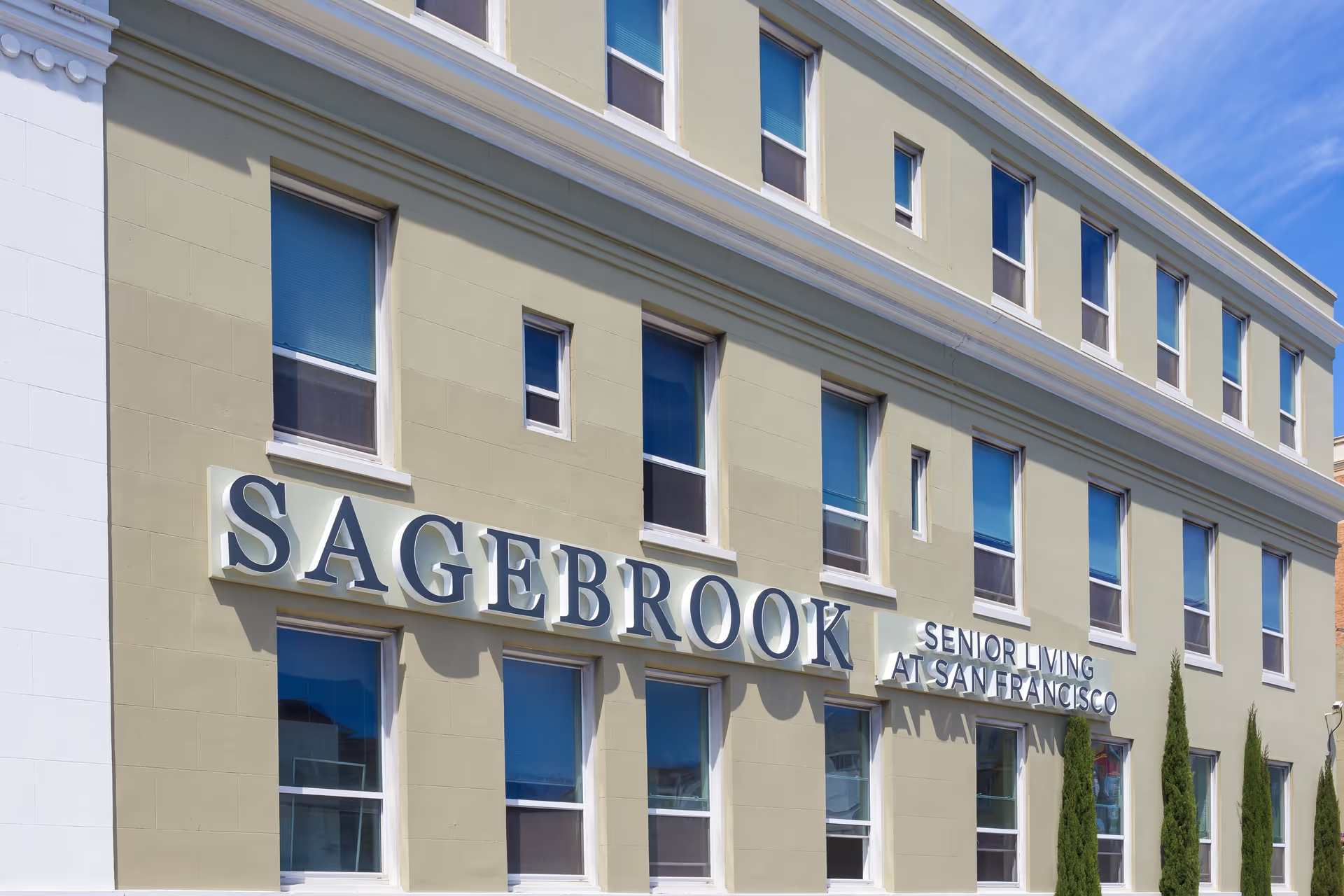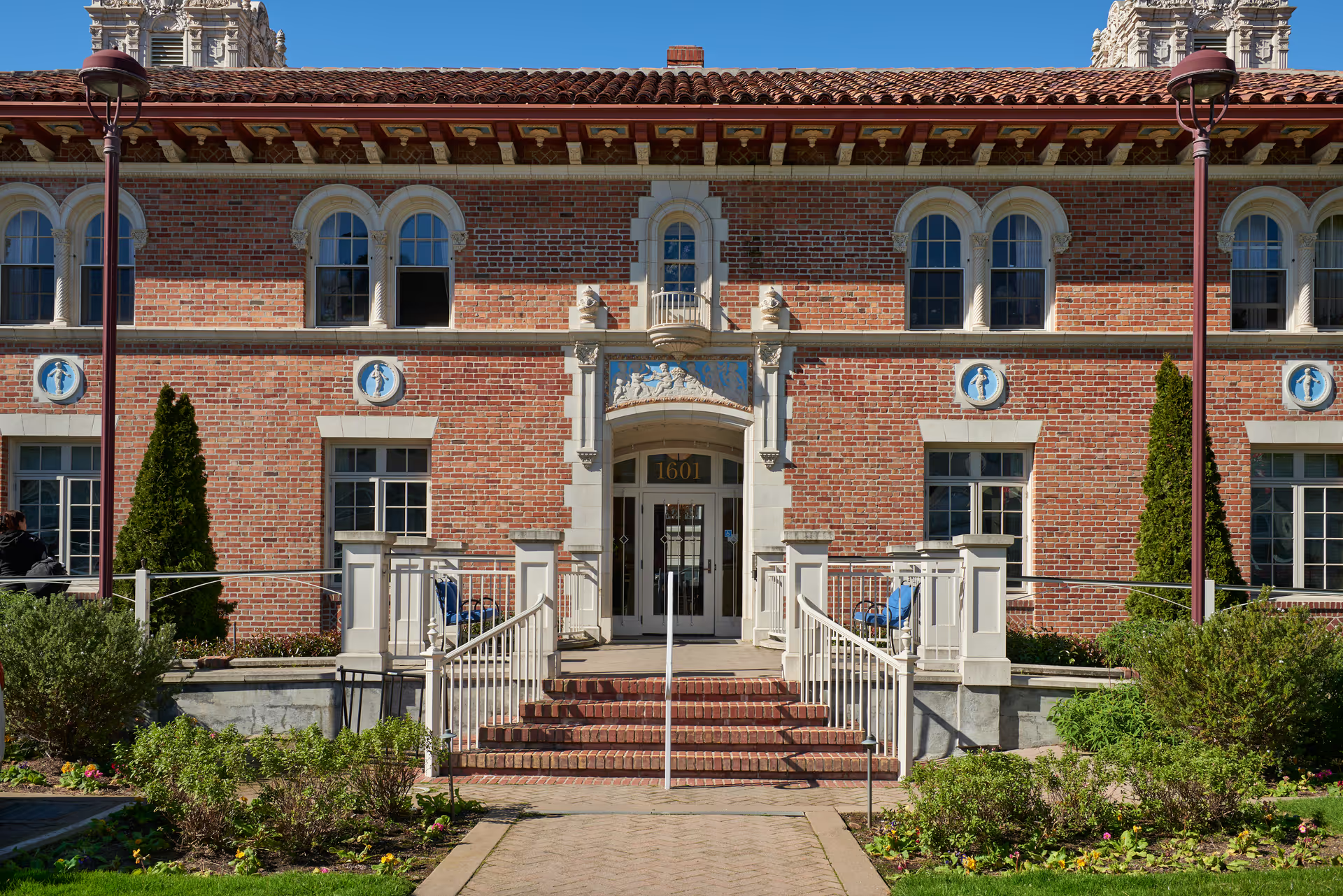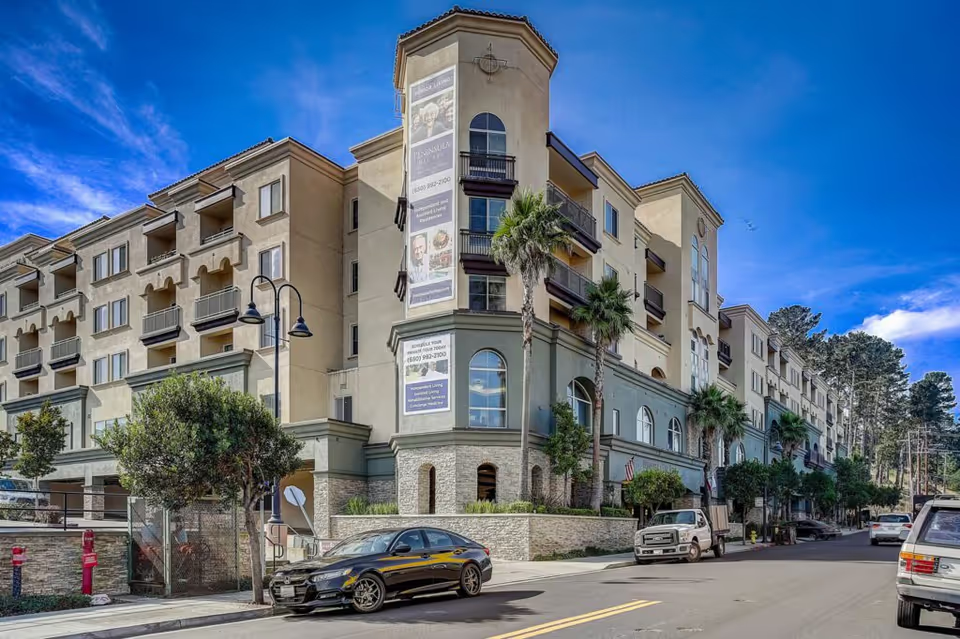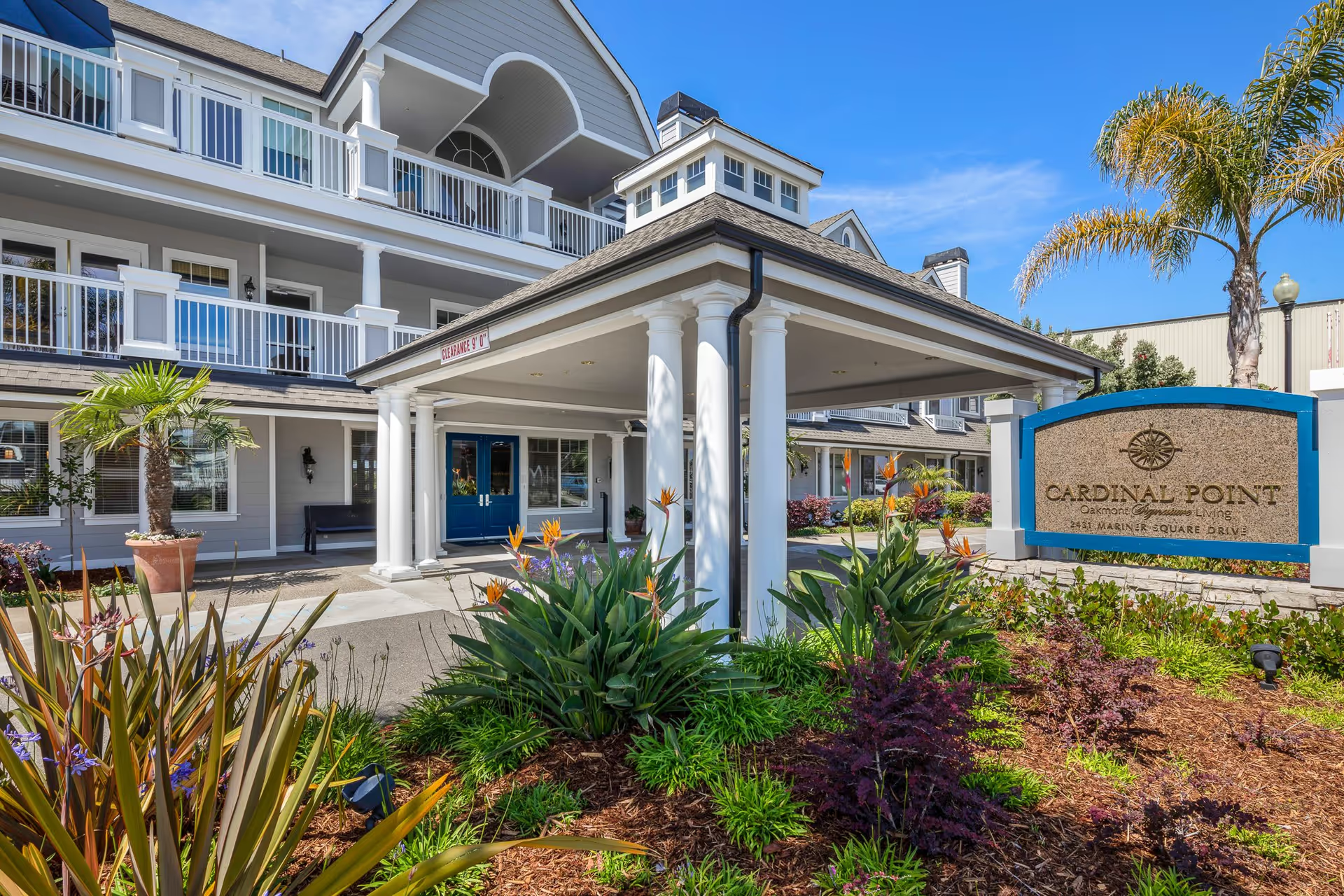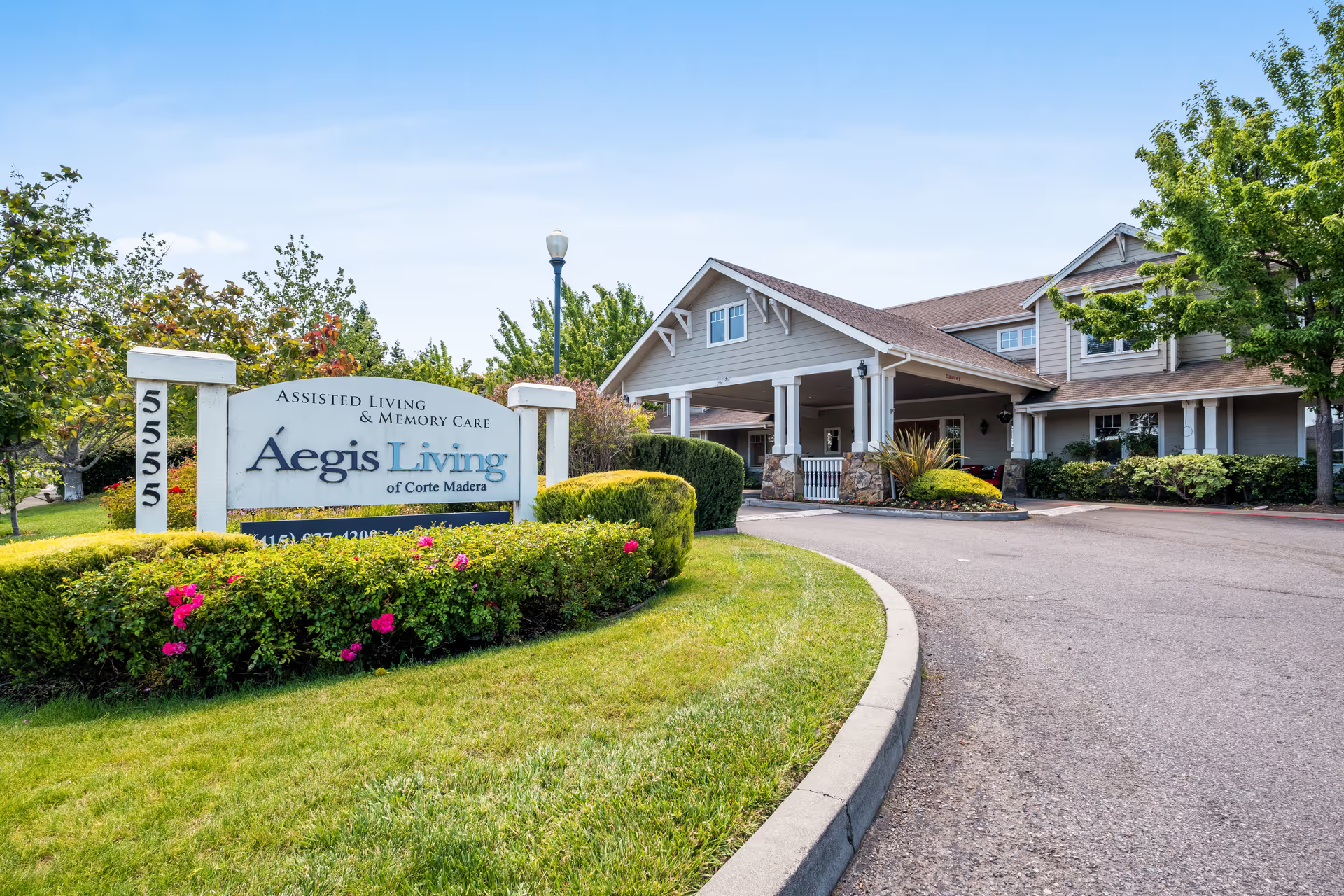Autumn Glow sits at 654 Grove St, San Francisco, inside a two-story Victorian building and serves seniors over 60, especially those with Alzheimer's or dementia, where you'll find licensed care for a small community-about fifteen residents in nine bedrooms, with three private and six semi-private rooms, all set up with safety features, an emergency response system, and accessibility upgrades so folks who are frail or use wheelchairs can still get around safely, plus every floor has common areas where residents can chat or relax, and there's a rooftop garden for some fresh air and quiet time outdoors. The staff's trained in personal care and medication help and knows memory care, supporting both ambulatory and non-ambulatory folks, and there's always someone around for daily needs like bathing, dressing, or getting meals, with a special focus on residents' privacy. The place sticks out for explaining everything up front, like how to make a budget, what each care contract means, and what's included with your room, care level, and meals, and they talk about move-in steps and how the waiting list works. They encourage folks and families, past and present, to give feedback, and they've got a web forum for sharing info and asking questions, along with an online "connect" tool that's good for inquiries or more details about the place. There's a push for people to schedule a tour or do a virtual visit before moving in, and the team goes through an assessment to match each person to the right level of care, then draws up a personalized care plan and goes over billing procedures in detail, so no one's surprised by costs-which can range between $2,500 and $13,000 per month, depending on what care, room, and services you choose, and they do take HUD rental assistance for seniors who qualify.
Autumn Glow offers assisted living, independent living, foster care, skilled nursing, and memory care, and even residential care homes built for people who need a caregiver nearby. The staff's multilingual, and the program focuses on supporting every resident's personal needs, including non-ambulatory care, diabetic care, and incontinence services. There's always someone to help with housekeeping, laundry, dry cleaning, and maintenance, which means residents can spend more time on things they enjoy and less on chores. Rooms come private or semi-private, with some offering kitchenettes, and there's cable, wifi, washers and dryers, plus guest parking for those who visit. Everyone shares meals in a big basement dining room, and the kitchen offers nutritious meals that can fit special diets. Social and health programs are a big deal here, too, with laundry lists of on-site and off-site activities, religious and devotional options, arts and crafts, fitness classes, and special memory care events. The continuing care retirement community structure means as someone's needs change, care types and support can change with them, explained using easy-to-read resources about different levels like assisted living, independent living, and skilled nursing, plus foster care for those who need more support. Amenities include a game room, activity center, fitness area, and salon/barbershop, and there's transportation for appointments or outings. The organization, run by Self-Help for the Elderly since 2001, works as a nonprofit (501(c)(3)), so everything is spelled out plainly-from tours to moving in, to the details of care and billing, aiming to help people get a clear picture about living there. The community focuses on honest support, social engagement, and attention to health, and you'll see they want every family to understand what's being offered, what it costs, and how everything works, using simple language and tools to make the process less overwhelming for everyone.
